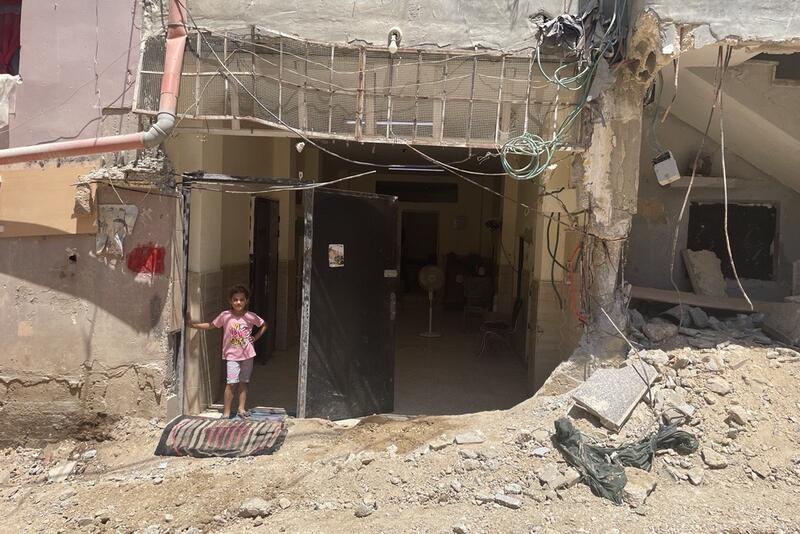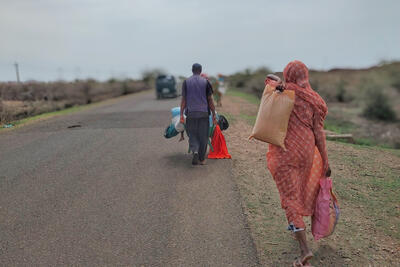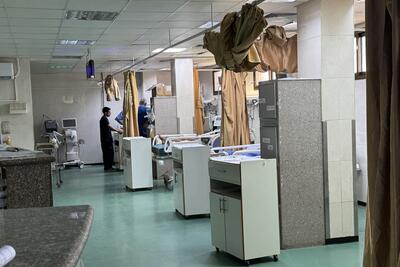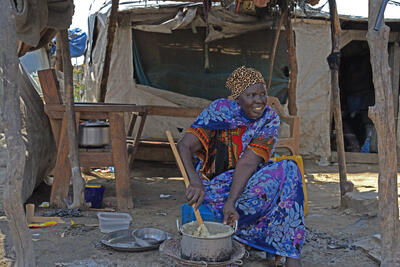OCHA maintains an active relationship with Iran, working closely with the Iranian government and humanitarian partners to identify and address the country's humanitarian needs.
Middle East and North Africa
The Middle East and North Africa region has some of the world’s largest protracted conflicts, frequent natural and human-made crises, pandemic outbreaks, and climatic shocks.
OCHA’s Regional Office for the Middle East and North Africa (ROMENA) and country offices in the region support and strengthen humanitarian coordination and response preparedness.
ROMENA works closely with UN Resident Coordinators, Humanitarian Country Teams, national and regional organizations, and Member States to mitigate the impact of natural disasters and other emergencies.
Regional coverage
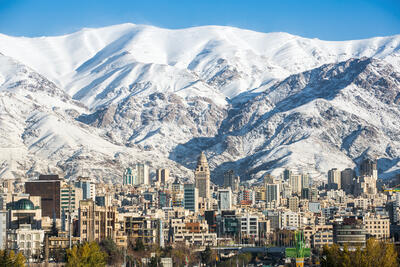
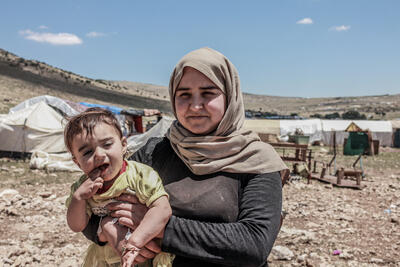
Iraq
OCHA maintains a strong relationship with Iraq, working closely with the Iraqi government and humanitarian partners to address the country's complex humanitarian needs.
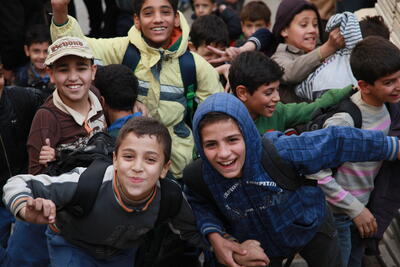

Lebanon
Lebanon is facing an unprecedented economic and financial crisis affecting all residents, including Lebanese, Syrian and Palestinian refugees and migrants.
Libya
In Libya, an estimated 823,000 people, including 248,000 children, require humanitarian assistance due to ongoing political instability, conflict and a deteriorating economy.


Yemen
Eight years into the conflict, the crisis in Yemen remains severe, with more than 21 million people — two thirds of the population — in need of humanitarian assistance.
Funding for OCHA Middle East and North Africa
- Earmarked funding (USD)
- 1.7M 2023
- Opening balance (USD)
- 662.00 2023
- Total (USD)
- 1.7M 2023
- Total requirements (USD)
- 4.2M 2023
Earmarked contributions
- Canada
- $0,1 millones
- Sweden
- $0,2 millones
- United States
- $1,3 millones
Unearmarked contributions
- Australia
- Austria
- Belgium
- Canada
- China
- Cyprus
- Denmark
- Estonia
- Finland
- France
- Germany
- Iceland
- Ireland
- Japan
- Korea
- Luxembourg
- Monaco
- Netherlands
- New Zealand
- Norway
- Qatar
- Republic of
- Russian Federation
- S
- Singapore
Unearmarked contributions (or commitments) are those for which the donor does not require the funds to be used for a specific project, sector, crisis or country, leaving OCHA to decide how to allocate the funds.
Opening balance may include unearmarked and earmarked funding with implementation dates beyond the calendar year, and excludes miscellaneous income (e.g. adjustments, gain/losses on exchange rate etc.)
Funding information from the OCHA Contributions Tracking System.
Subscribe to the OCHA Middle East and North Africa newsletter
Receive all of the latest news, humanitarian tools and other information products from OCHA's Middle East and North Africa offices and operations.

